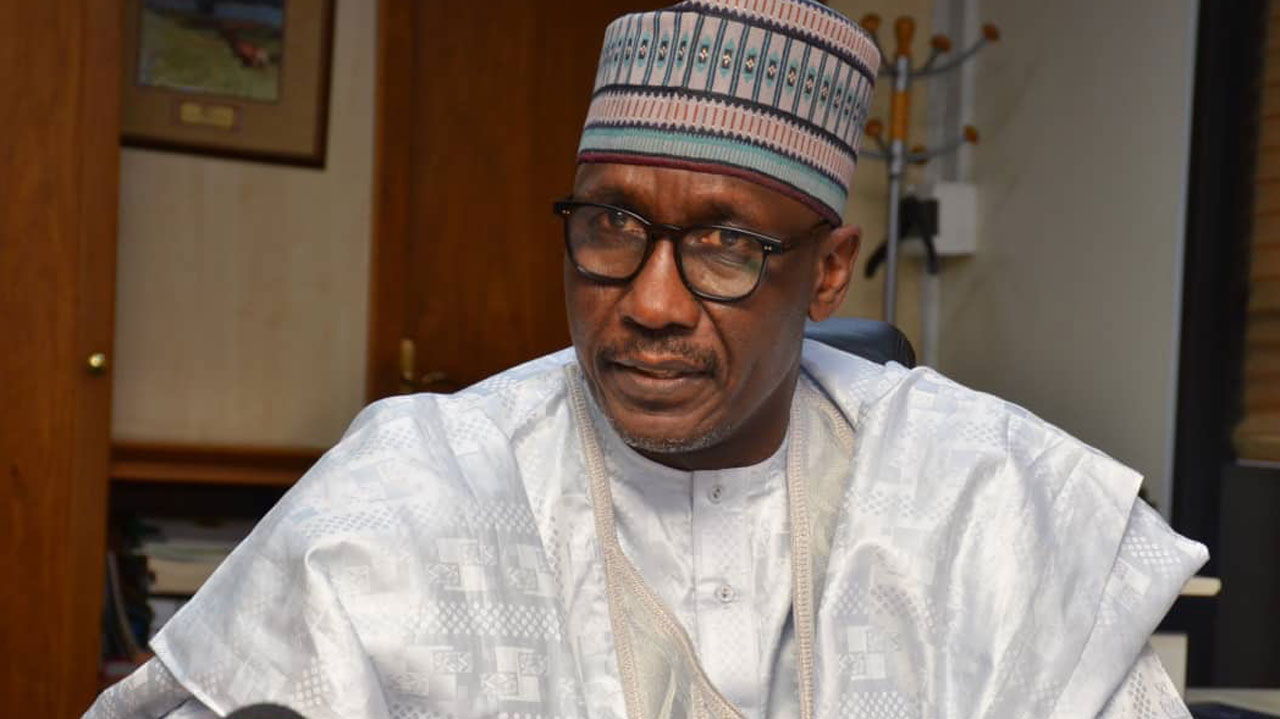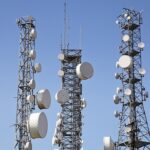- Audit on 68m litres, others right step – Experts
Rising crude oil prices, a volatile supply cost of Premium Motor Spirit (PMS) and a cap on petrol price in Nigeria by the government were key among factors that forced Oil Marketing Companies (OMCs) to stop petrol importation in the fourth quarter of 2017.
This is according to a recent statement by the Nigerian National Petroleum Company Ltd (NNPC), which said it had to intervene as the sole importer of the last resort for the product. According to Daily Trust analysis, if the government-owned oil company had not intervened, Nigerians may not have been able to have access to the product let alone afford the product.
Stating the factors that made it become the importer of last resort, the newly transformed firm said, “The NNPC also wishes to point out that rising crude oil prices and PMS supply costs above the Petroleum Products Pricing Regulatory Agency (PPPRA), which is now the Nigerian Midstream and Downstream Petroleum Regulatory Authority (NMDPRA) cap had forced Oil Marketing Companies (OMCs) withdrawal from PMS import since the fourth quarter of 2017.
“In the light of these challenges, NNPC has remained the supplier of last resort and continues to transparently report the monthly PMS cost under-recoveries to the relevant authorities,” the oil stated in its intervention efforts.
The Comptroller General of the Nigeria Customs Service (NCS), Hameed Ali (rtd) had recently faulted the over N6 trillion petrol subsidy for the 2022 fiscal year and the average daily petrol consumption of 98 million litres.
Ali who spoke while defending the NCS presentation on the 2023-2025 Medium Term Expenditure Framework (MTEF) and Fiscal Policy Paper (FSP) at the National Assembly also alleged that over 38 million litres of petrol released daily in excess of actual consumption into the Nigerian market is smuggled.
But in response to this, NNPC announced that the average daily petrol consumption since January has been 68 million litres totalling 16.46 billion litres of imported petrol.
The new company in the statement by the Group General Manager, Group Public Affairs Division, Garba Deen Muhammad, also said it is open to any forensic audit of its petrol import and supply.
More so, it was observed that the product’s daily consumption was approximately equivalent to what was recorded in data from the NMDPRA for the eight months of this year (January to August) at 67m average daily petrol evacuation.
The NMDPRA, which regulates the sales of petroleum products in Nigeria is tasked with the mandate of daily oscillation (varied measurement) ranging from 4m litres to 100m of petrol every day.
Assuring that it will continue its intervention role even when it is now corporatised, NNPC Ltd said, “We will continue to deliver on our mandate to ensure energy security for our country with integrity and transparency. We invite any forensic audit of the PMS supply and subsidy management framework of the NNPC.”
Global energy issues affecting petrol price
NNPC Ltd also stated that the average international market-determined landing cost as of the second quarter of this year was US$1.283 per metric ton (MT) and the approved marketing and distribution cost of N46/litre.
“The combination of these cost elements translates to the retail pump price of N462/litre and an average subsidy of N297/litre and an annual estimate of N6.5 trillion on the assumption of 60m litres daily petrol supply. This will continuously be adjusted by market and demand realities,” it noted.
Recall that for the present 2022 fiscal year, the federal government is spending N4 trillion petrol subsidy at over N200bn every month. Just last month, petrol prices rose to between N174/litre and N185/l in some geopolitical zones. But from the data provided by NNPC, a litre of petrol would have been selling for N462 if not for the average N272 subsidy the government pays to keep the product at the currently used rate nationwide.
Customs, NNPC agree on petrol diversion
In its response to allegations of the CG of Customs on petroleum product diversion and smuggling, NNPC Ltd confirmed the menace as it decried the impact of maritime and cross-border smuggling of petrol on the overall supply framework. The company also acknowledged the possibilities of other criminal activities in the PMS supply and distribution value chain.
However, it has a commitment, which it stated: “As a responsible business entity, NNPC will continue to engage and work with relevant agencies of the government to curtail smuggling of PMS and contain any other criminal activities.”
90,00 tankers ferried 16bn litres of petrol in 8 months
Daily Trust reports that at the current 68m litres average daily supply, marketers, including NNPC, would require 2,060 units of 33,000-litre capacity tankers to ferry the produce every day from the coastal areas especially in Lagos after NNPC imports the product.
For the 16bn litres of petrol supplied so far in eight months this year, at least 499,000 tankers of 42 feet each, may have been used to deliver it to the filling stations nationwide. According to experts, some tankers may be able to make a trip twice in a week or more depending on the distance to the destination filling station from the port/depot of loading.
Lagos, Kano top petrol consuming states
This paper also analysed the National PMS Evacuation Report routinely published by NMDPRA and observed that Lagos, Kano and the Niger States have consistently topped the list of about 13 High Demand States (HDS), consuming millions of litres and over 60 per cent of the daily average supply. Yobe, Bauchi and Jigawa are among the bottom segment of petrol supply and consumption known as 12 Low Demand States (LDS), responsible for at most 6% of the daily petrol quantum.
There are 12 Medium Demand States (MDS) with 25% supply and consumption volume with some states such as Akwa Ibom, Ondo, Kwara and Imo.
Experts laud NNPC on forensic audit window
So far, some experts have lauded the public offer made by NNPC Ltd that it was open to a forensic audit. They described this as an act of transparency that should be explored.
A socio-economic commentator in Abuja, John Umale, said there could be ghost imports and consumption ongoing. He however said the use of an independent forensic auditor to check the volume of petrol import, supply and sales from the NNPC ships to the depots, the tankers and the sales at filling stations may be an attempt to unravel the product diversion mystery.
“Nigerians are tired of the blame game but for NNPC Ltd to say it is open to audit, must be commended. It means the corporatisation of the company is already yielding results,” noted Omale.
Also speaking, a retail station chain manager in Abuja, Mr Akin Adewale, dismissed the claims of massive diversion of the product as he noted that if it is massive, then Project Acquila, a tracking system monitoring product delivery by NMDPRA may have failed.
He said, “All these products are monitored; our tankers have to deliver the product and get it confirmed before NMDPRA can process any bridging claim. There is no doubt that at some stations especially in border communities, filling stations may sell in scores of jerry cans, which are taken outside the country but to say tankers take over 30m litres outside Nigeria daily is tough. However, the NNPC audit may put an end to all these debates,” explained Adewale.

 Join Daily Trust WhatsApp Community For Quick Access To News and Happenings Around You.
Join Daily Trust WhatsApp Community For Quick Access To News and Happenings Around You.


